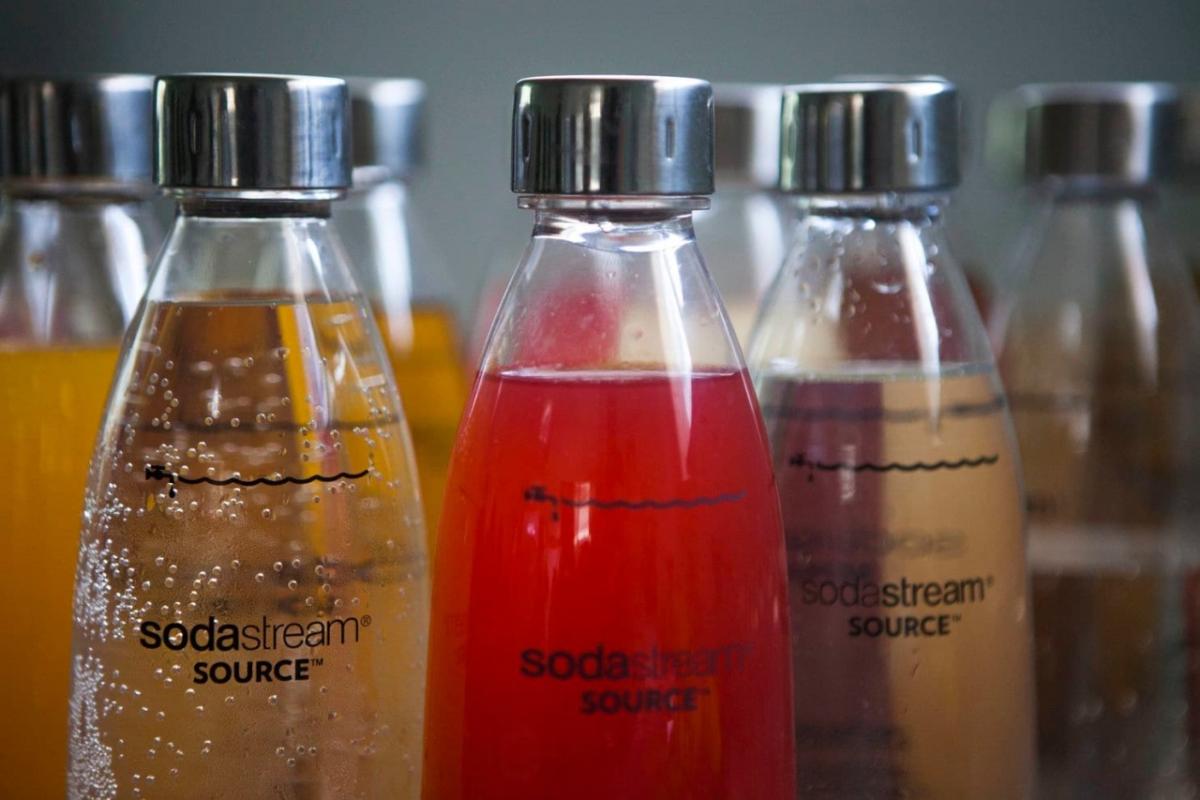Cause-driven Changes in Taste and Attitudes are Disrupting the Food and Beverage Sector
by John Howell, Editorial Director, 3BL Media

Brands Taking Stands™ | August 21, 2018
PepsiCo’s purchase of SodaStream for $3.2 billion is the latest example of how cause-driven changes in taste and attitudes are disrupting the food and beverage sector. Consumers, especially millennials, are choosing smaller, newer food and drink brands marketed as more natural, healthier, and/or more local over traditional, bigger brands. These disruptor companies also tend to include eco-friendly factors— such as their environmental footprint and sustainable supply chains — in their practices and missions.
Legacy companies have noticed. “The big things are declining. The smaller things are growing,” Anheuser-Busch InBev CEO Carlos Brito has told investors. The response from global food and beverage companies has been to acquire healthier brands to reposition their offerings as more health conscious, often complete with environmental side benefits. These brands tend to be newer companies with innovative products that locked-in on the cause-related consumer attitudes prevalent in today’s marketplace.
SodaStream — ironically, a venerable brand with a soda water history that tracks back to 1903 when it was founded in Britain — was re-positioned as a healthier choice after being acquired by an Israeli company in 1996; it took off around 2010. Its purchase by PepsiCo comes with another cause-related bonus: A way to address the issue of proliferating single-use plastic bottles that have clogged landfills and littered landscapes. SodaStream CEO Daniel Birnbaum told Fortune that his company plays into the current “mega-trend” of consumers looking for ways to reduce their carbon footprint. The SodaStream machine adds carbon dioxide to reusable bottles that consumers fill with tap water.
PepsiCo notes that the acquisition fits well with its Performance with Purpose initiative, which focuses on health and wellness through environmentally friendly and cost-effective beverage offerings.
The company has previously acquired small, more nutritious brands like Sabra, which produces hummus and other Mediterranean foods, Kevitakombucha, and Naked juice. It has also developed recipes that are lower in salt and fat, and has experimented with non-sugar sweeteners. Last week, the company announced the creation of a new division, The Hive, to focus on developing new, emerging brands. The unit will focus on smaller brands that already exist within the company, and also create new ones that trade on contemporary trends. CEO Indra Nooyi called The Hive “a small, entrepreneurial sort of agile group.” Pepsi’s plans call for sales growth of its healthier products to outgrow traditional snacks by 2025.
PepsiCo’s shift is a major effort at re-tooling a global multi-national corporation while it’s still operating in its traditional mode—and within a hyper-competitive retail sector. It’s a bit like doing open heart surgery on someone walking down the street. But considering the rapidly changing landscape in the food and beverage industry, PepsiCo and its competitors really have no choice - and in this case, the acquisition of SodaStream should prove to be a nimble decision.
This strategic re-set is taking place throughout the industry, with “healthier” and “eco-friendly”—preferably both—as guiding goals. Coca-Cola has bought a minority stake in BodyArmor, a sports drink backed by basketball star Kobe Bryant, to challenge Pepsi’s Gatorade, which has 75% of the current market. “BodyArmor’s products use coconut water, have higher levels of potassium than its competitors and do not use artificial colors, and the company has marketed its products as healthier alternatives to Gatorade and Powerade,” reports Financial Times.
Anheuser-Busch InBev is launching a new accelerator to support start-ups working on solving climate challenges, reports BusinessGreen. The 100+ Accelerator will see the world’s biggest brewer invest up to $100,000 per company to deliver “breakthrough advancements” in areas such as green logistics, water scarcity, responsible sources and product upcycling. The program is set to run every year, as part of the firm’s pledge to solve 100 climate and environmental challenges by 2025.
Similar changes are in action on the food side. The Kraft Heinz Company has committed to ensuring all its packaging is recyclable, reusable, or compostable by 2025 as it strives to become more circular reports edie.net. The company will “aggressively pursue” innovative alternatives to virgin plastics, which comes after it pledged to make its iconic Heinz Tomato Ketchup bottles “fully circular” by 2022. Kraft Heinz has also announced that it is on track to set an approved science-based target in the next two years. Kraft Heinz’ chief executive, Bernardo Hees, said. “Even though we don’t yet have all the answers, we owe it to current and future generations who call this planet home to find better packaging solutions and actively progress efforts to improve recycling rates.” And Tyson Food, known for its chicken, is moving to animal-free “meat” to become a “protein” vending company. It has invested in Future Meat Technologies, an Israeli startup developing “cultured meats” from cells in petri dishes. Tyson has also invested in Memphis Meats, a San Francisco company that is developing lab-grown beef, poultry and fish, and in Beyond Meat, the leading brand in plant-based protein products nationwide, reports Bloomberg. It has also appointed its first chief sustainability officer.
How these brands taking stands on nutritionally healthier and environmentally responsible strategies will earn out will be a much-watched scenario by all players in the food and beverage industry. Other sectors where traditional practices and strategies are being challenged by cause-driven factors — finance, transportation, energy — are also looking to these examples for lessons to be learned.
Want to receive the Brands Taking Stands newsletter by email? Sign up here.

